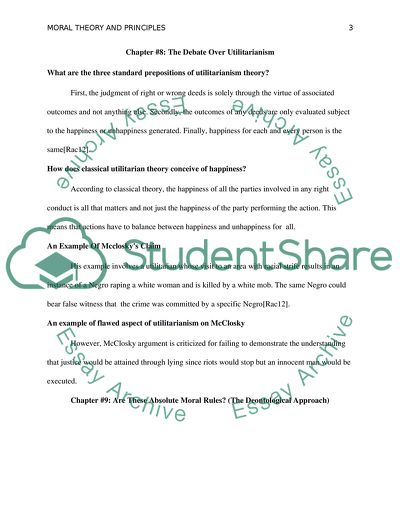Cite this document
(Moral Theory and Principles Assignment Example | Topics and Well Written Essays - 1250 words, n.d.)
Moral Theory and Principles Assignment Example | Topics and Well Written Essays - 1250 words. https://studentshare.org/social-science/1854940-moral-theory-and-principles
Moral Theory and Principles Assignment Example | Topics and Well Written Essays - 1250 words. https://studentshare.org/social-science/1854940-moral-theory-and-principles
(Moral Theory and Principles Assignment Example | Topics and Well Written Essays - 1250 Words)
Moral Theory and Principles Assignment Example | Topics and Well Written Essays - 1250 Words. https://studentshare.org/social-science/1854940-moral-theory-and-principles.
Moral Theory and Principles Assignment Example | Topics and Well Written Essays - 1250 Words. https://studentshare.org/social-science/1854940-moral-theory-and-principles.
“Moral Theory and Principles Assignment Example | Topics and Well Written Essays - 1250 Words”. https://studentshare.org/social-science/1854940-moral-theory-and-principles.


